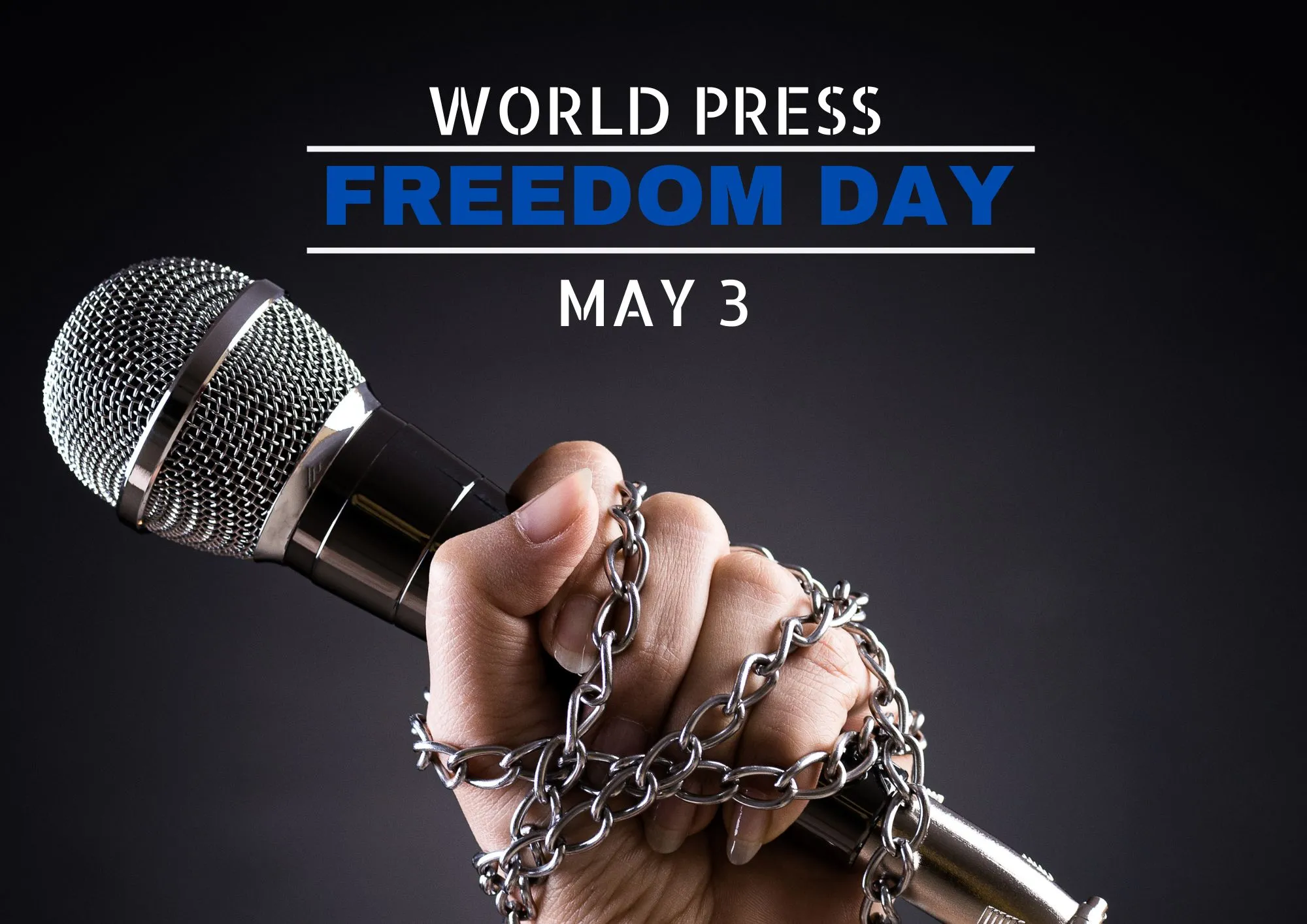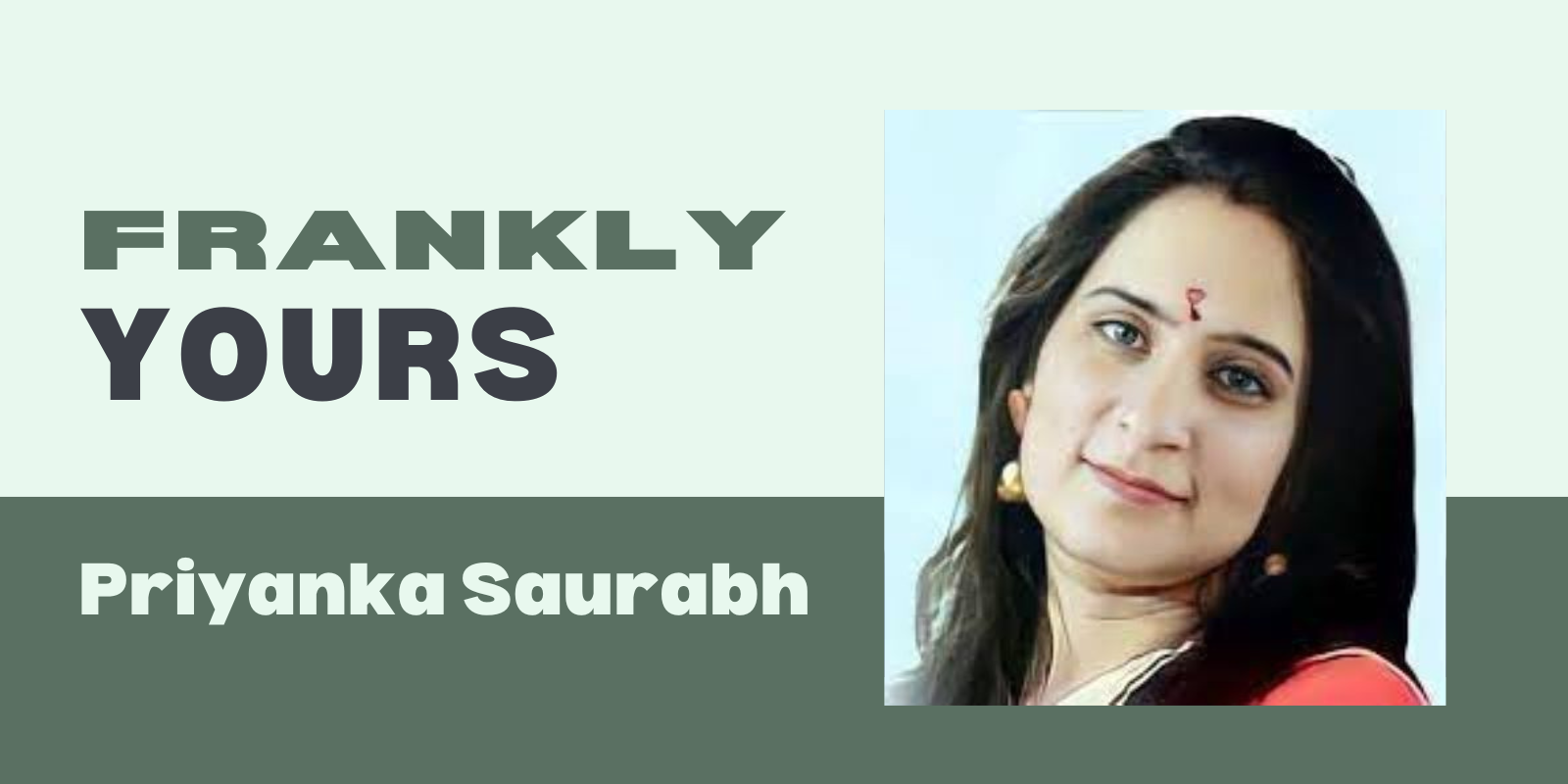Silence of the press, noise of the reels: The fourth pillar of democracy became a trending tag.
Press Freedom Day has now become a formality. Journalism has been replaced by social media influencers, where reels have replaced truth, and views have replaced analysis. The fourth pillar of democracy has now been lost in brand deals and trending tags. Asking questions is now a threat, and staying silent is ‘safe content.’ In the times to come, we may have to trend #ThrowbackToJournalism. When the press used to speak, and the government used to tremble.
Every year on May 3, when ‘Press Freedom Day’ comes, a question arises with deep silence: Is journalism still really free? Is this day still a symbol of the fearlessness, responsibility, and truth that was once called journalism? Or has this day also become just a ceremonial formality—like the anniversary of a dead tradition?
The journalism that once had the courage to confront the power today seems to be sitting in the lap of the power. The pen is no longer sharp; it has started shining in the light of advertisements and sponsorships. Editorial policy is no longer value-based; it is market-based. On news channels, there is shouting instead of news, noise instead of debate, and scripts instead of truth.
This is the time when a new group was born—social media influencers. These are the people who have no formal education in journalism but have the art of appearing in front of the camera. They gave importance to filter instead of truth and reel instead of research. For them, every issue is a ‘content idea’—whether it is a farmer’s suicide or the atrocities committed against a girl.

Today’s influencers have taken on the role that journalists once played. The only difference is that a journalist would look for the truth behind a story, while an influencer only looks for views and engagement. A journalist may be proven wrong, but he is accountable; an influencer only counts the number of views—whether his statement has any basis or not.
If a journalist’s report does not reach the public, he is rewarded for his honesty in the form of unemployment. On the other hand, if an influencer makes an emotional reel, he gets brand deals and followers. If a journalist questions the government, he is called a traitor, but if an influencer says the same thing laughingly, he is called ‘bold.’
Today we are in an era where the public has also lost the habit of listening to the truth. People do not want facts; they want emotions. They do not want analysis; they want entertainment. Asking questions now creates depression, and jokes give relief. This is why the silence of the press does not bother us, but the noise of the reels gives us relief.
Imagine, in the coming times, on May 3, we will celebrate ‘Influencer Day’ instead of ‘Press Freedom Day.’ Children will be asked in schools, “Son, what will you become when you grow up?” And the answer will be, “I will change the country by making videos.” Trending reels will be invited on the platforms, who will tell how a reel is made in a democratic way. And the press? It will be sitting in a corner, like forgotten memories.
This is a ridiculous reality, but equally true. Because the soul of democracy lies in its free press. And if that soul is now lost in counting followers on Instagram, then the Preamble of the Constitution will also start looking like a profile bio.
Poets, writers, thinkers, and journalists have to come together to understand this decline. Democracy does not run only on elections; it runs on the expression of ideas and the search for truth. We have to revive the journalism that questions, tells the truth, and does not bow down to power.
Otherwise, the day is not far when we will start a trend on social media—#ThrowbackToJournalism, and the most viral reel of that day will be: “When journalism was alive…”






